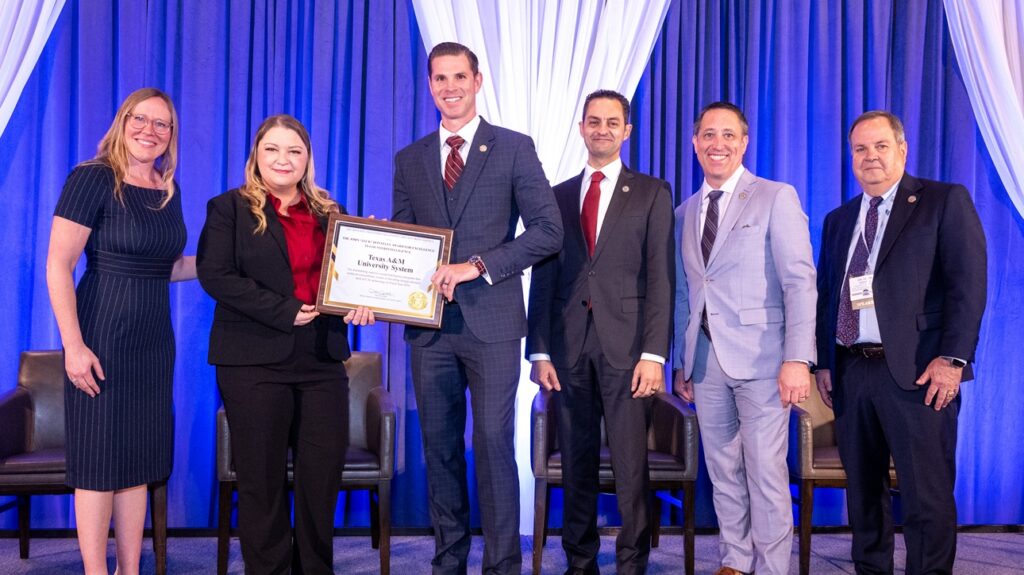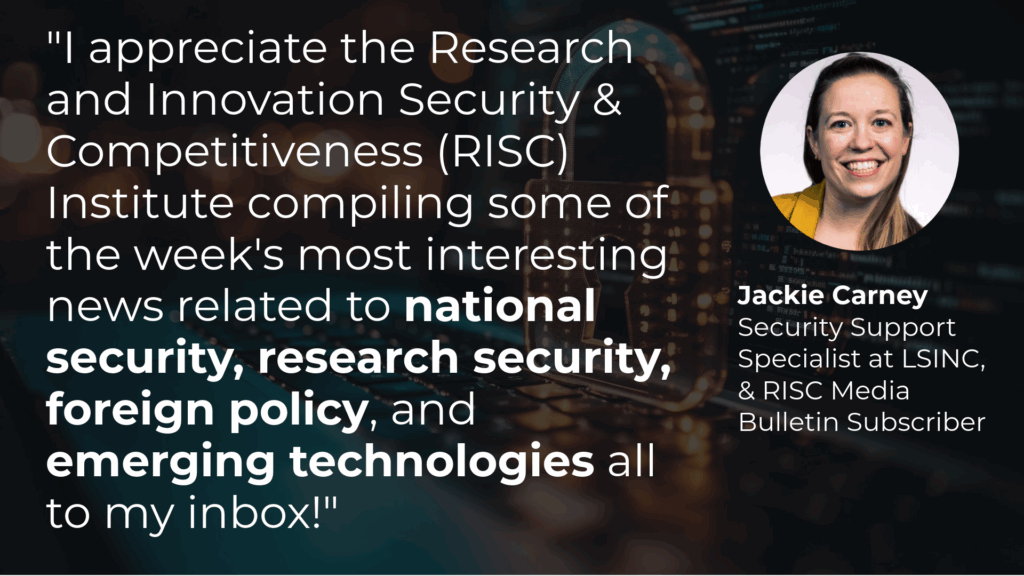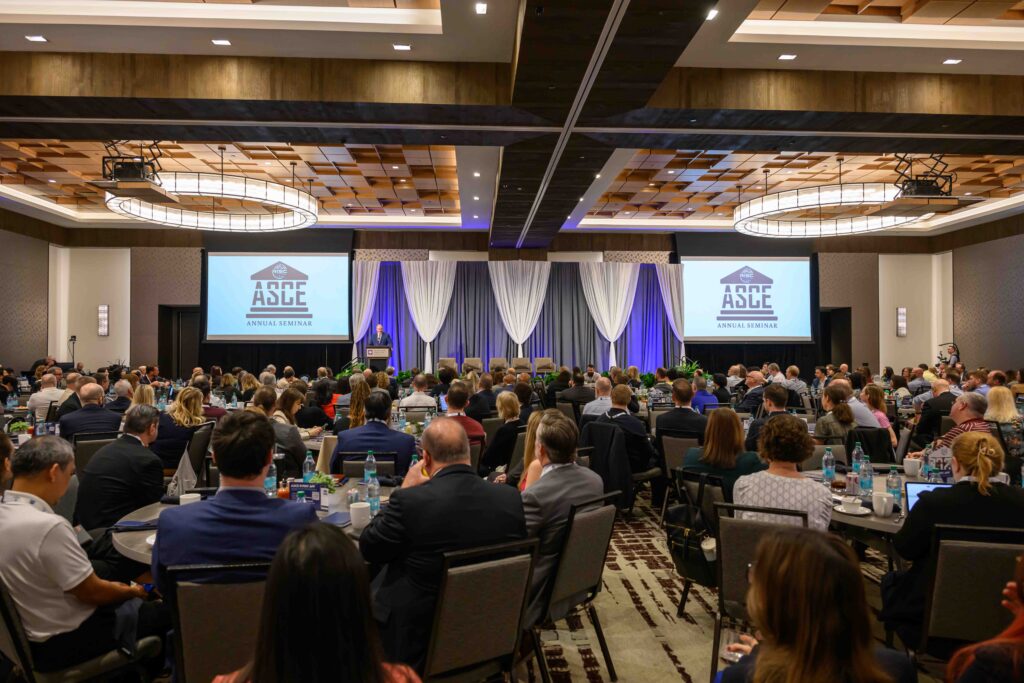The Leading Resource for Securing the Research Enterprise
The RISC Institute is dedicated to protecting the strengths of our academic and industrial research communities while promoting forward-thinking, innovative approaches to research security.

THREE PILLARS
Solutions for Research and Innovation Security and Competitiveness
We are dedicated to protecting academic research communities.
The RISC Institute analyzes current processes and studies changing risk factors to reduce the likelihood and/or impact of information theft and misappropriation.
The RISC Institute is training a new generation of research security professionals and provide continuing education through partnership with the Texas A&M University Bush School of Government and Public Service.
The RISC Institute is creating effective due-diligence programs and providing a source of expertise to the research security workforce while building deeper affiliations within academic, corporate and government communities to ensure relevancy and enhance research outcomes.
Enhancing Research Security
Objectives for Research and Innovation Security and Competitiveness
IT IS OUR BUSINESS TO TAKE CARE OF YOUR BUSINESS
Develop Training Programs
Develop awareness, training, and educational programs necessary to build a workforce with technical expertise and experience focused on integrating security into every aspect of business and academic culture.
Be a technical resource
Serve the nation as the technical resource for establishing, managing, and assessing the research security programs and policies fundamental to maintaining national security and economic competitiveness.
Be a Leader
Lead the national and international community in outreach necessary for securing the academic and industrial research enterprise.
Analyze and Assess
Analyze and assess the research security implications of critical and emerging technologies.
Experts in Research Security
Leadership
Kevin R. Gamache, Ph.D.
Associate Vice Chancellor and
Chief Research Security Officer
Director, RISC Institute
Zach Carwile
Associate Director
RISC Institute
Jason Whisenant
Outreach and Engagement
RISC Institute





